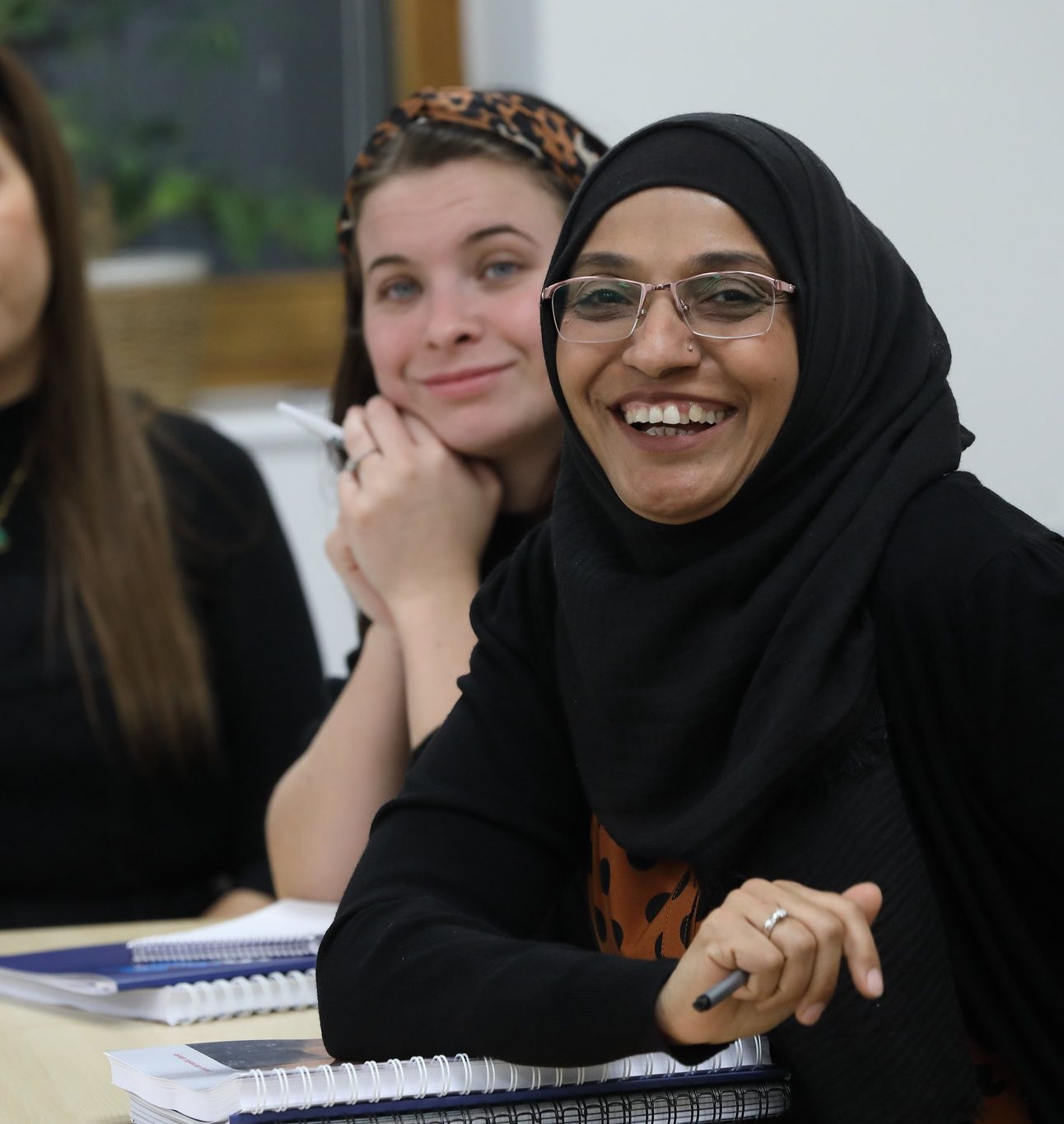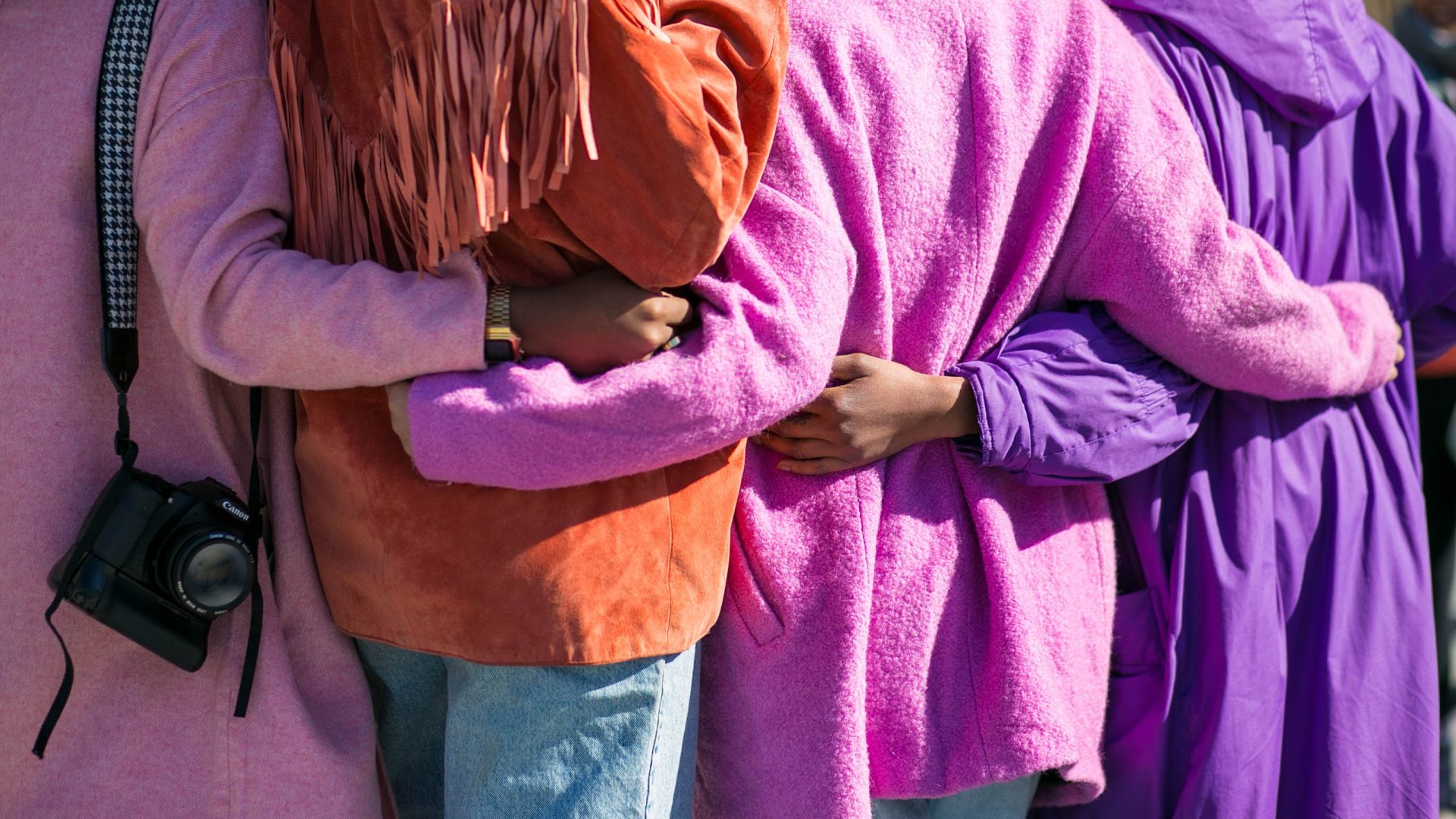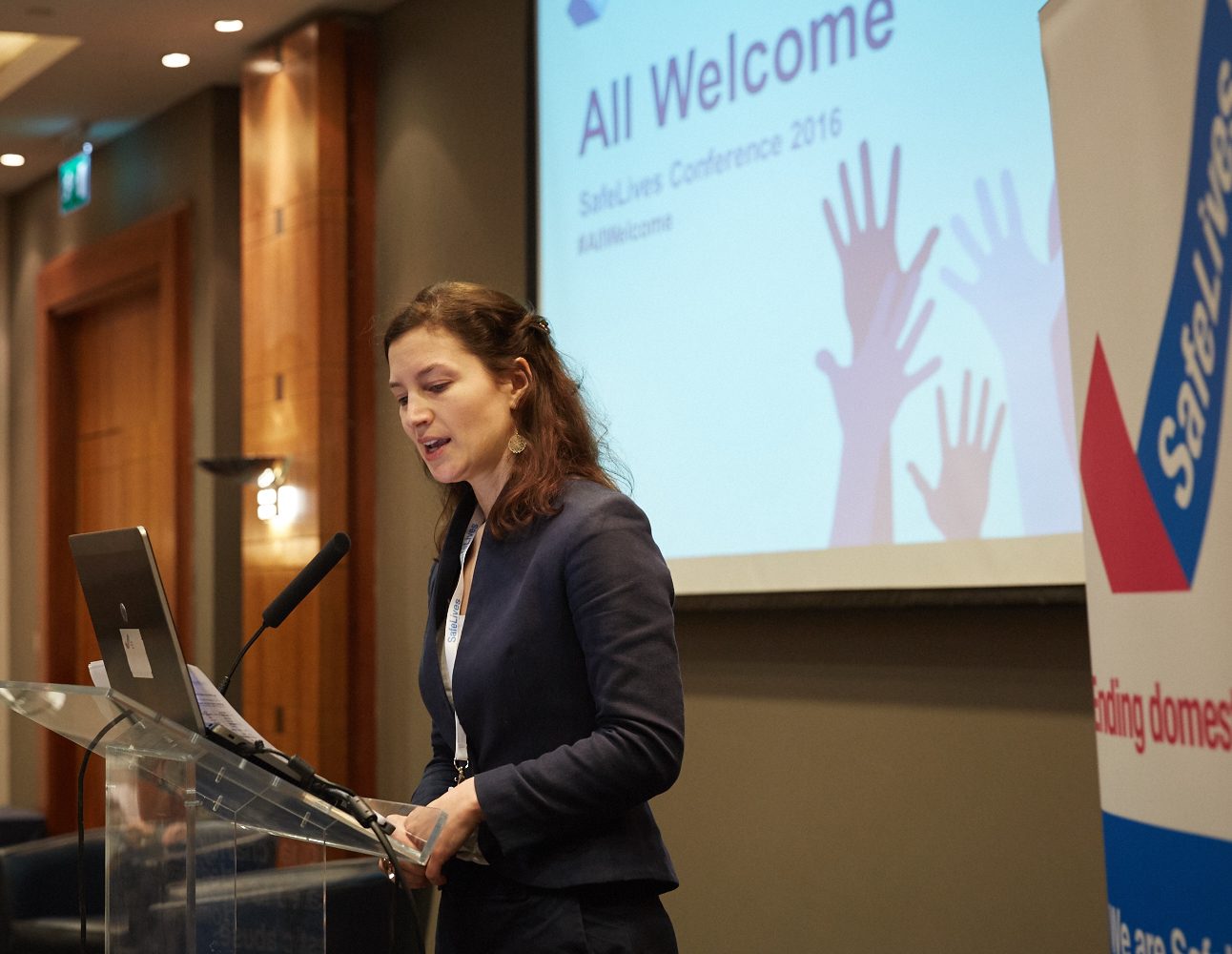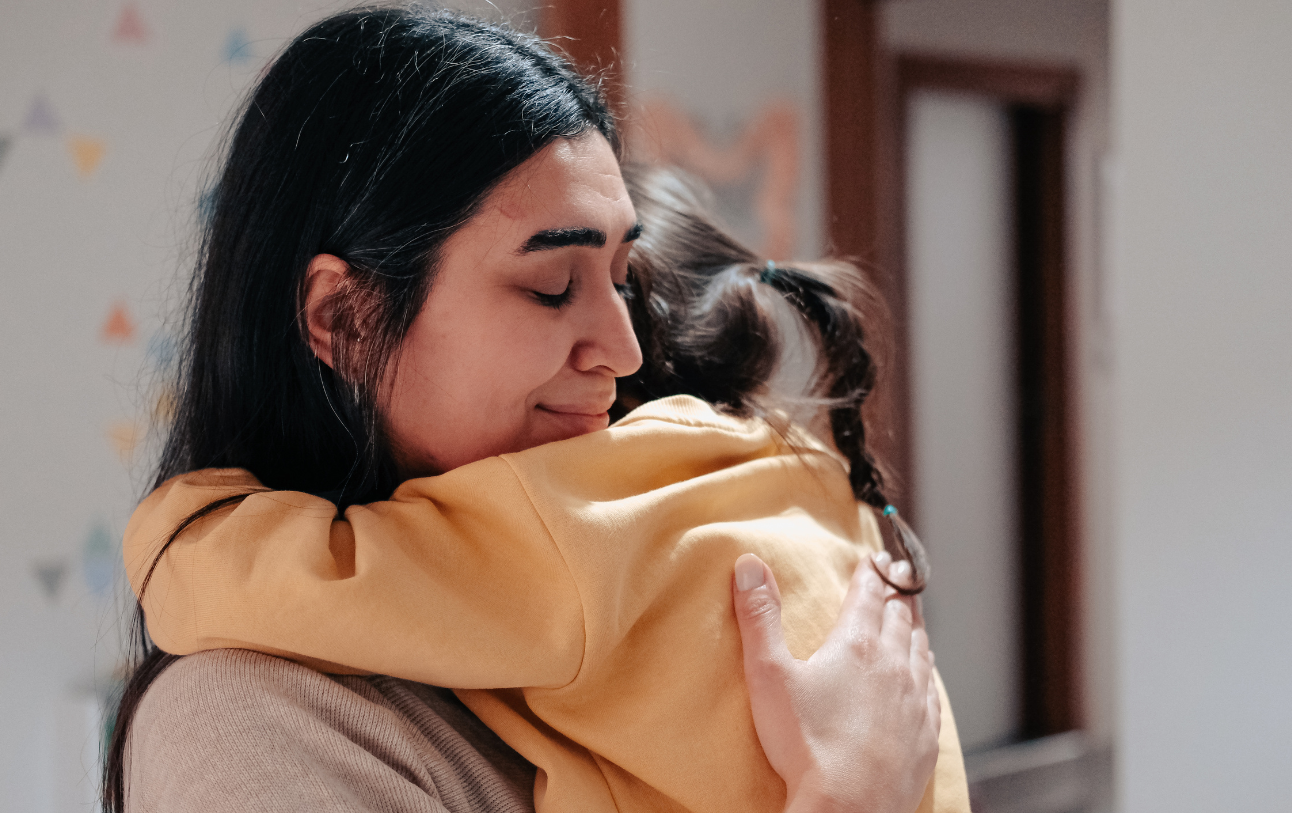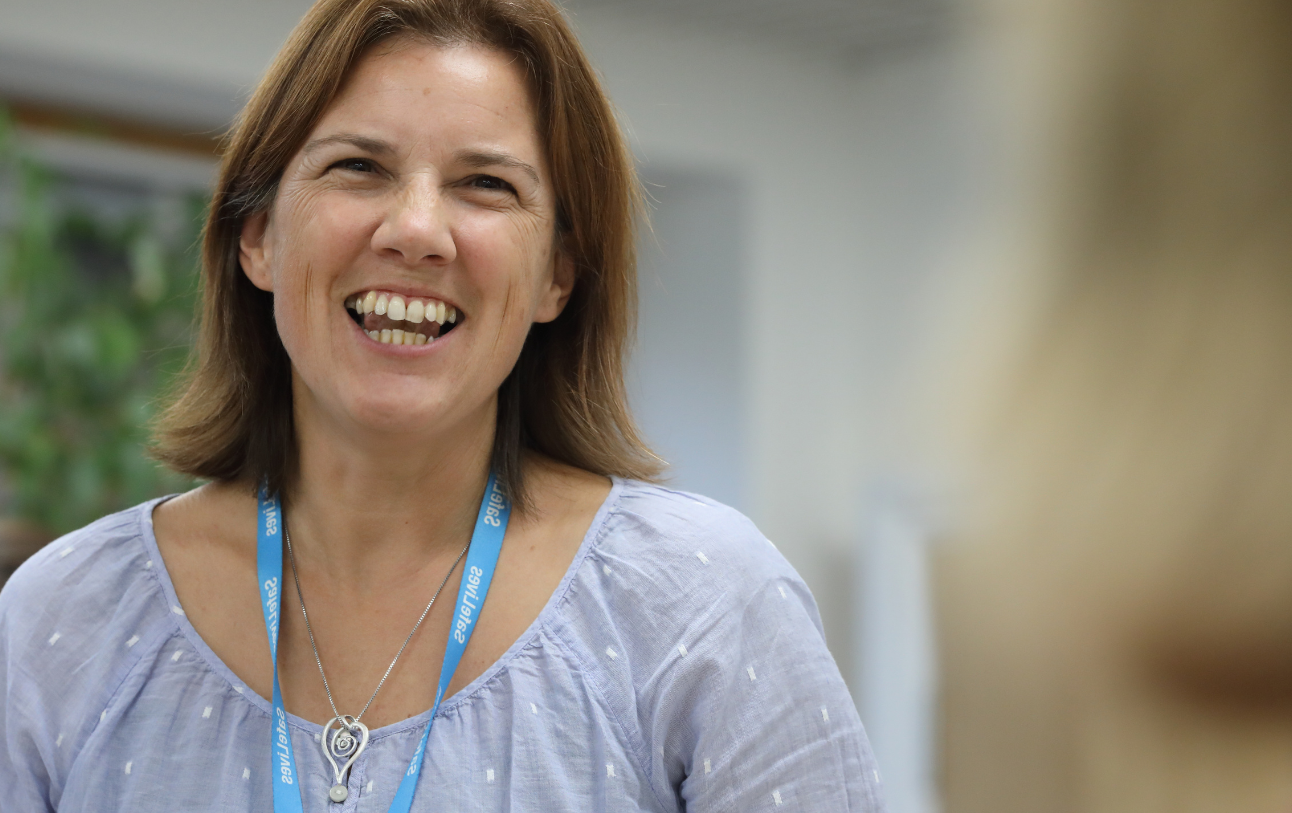Our progress so far
In 2022, recognising the limits of our own skill and expertise to do things differently, SafeLives and the Drive Partnership team asked Kaveed Ali, Director of EDI at UK Community Foundations, to undertake an independent, external review of our work on anti-racism.
He met with staff and reviewed aspects of our internal practice, processes and policy to better understand our current culture, our aspirations, and the gap between the two. The review resulted in a comprehensive report and new recommendations for our organisation.
The next steps we are taking
We knew that at this stage some transactional changes had been made, but true transformation required something different from us. The review observed that as an organisation we have a tendency to respond rapidly and go straight to action-planning mode. Sometimes that is needed, however we recognised that in many circumstances it would be better to pause, reflect, hear all views, and consider how best to proceed.
Embracing the report findings has meant committing to strengthening our organisational culture and core. In response to the report, we recruited a new Director of People and Culture post in 2023, to lead thoughtful and thorough implementation of the recommendations, learning from what we’re heard and using that to inform how we go forwards.
Our commitment to transparency and openness remains, so we will continue to provide information and invite people to hold us to account.
Further reading
